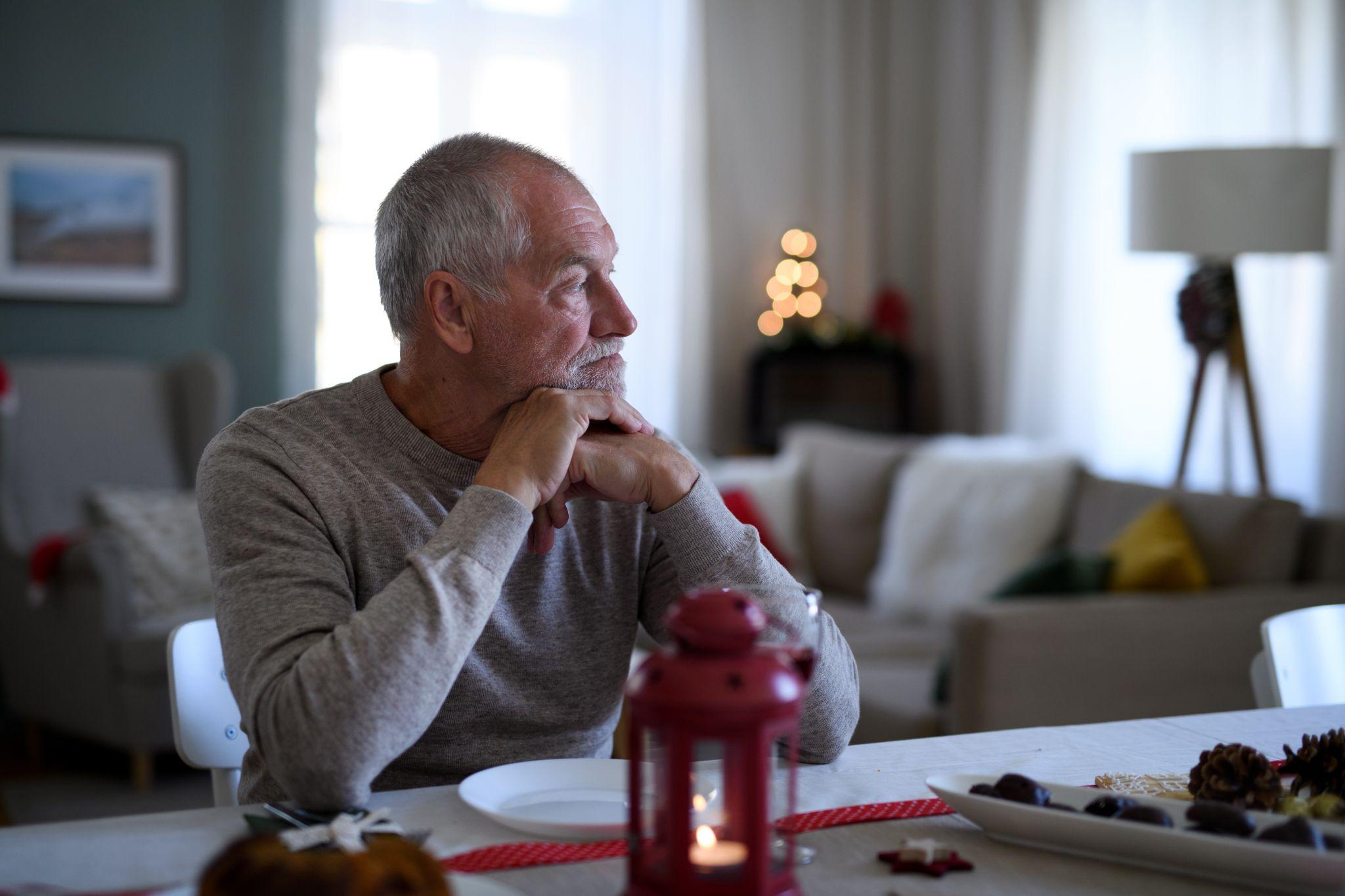For those in recovery, the holiday season can bring both joy and challenge. Many find this time of year uplifting, but for others, especially those healing from addiction, the holidays can intensify feelings of loneliness.
Holiday loneliness is common among those navigating life changes, such as recovery. Memories of past holidays, family expectations, and even seasonal festivities can bring up a mix of emotions, making it difficult to feel connected or at ease.
Understanding how to manage these feelings can help turn what could be a painful season into one of growth and healing. Recovery is about more than avoiding old habits—it’s about creating a supportive life, even through lonely holidays.
Loneliness During the Holiday Season
Holidays are portrayed as times of joy, gatherings, and celebration, but this portrayal often overlooks the complex emotions that many people feel. Loneliness during the holidays can stem from a range of experiences, such as estrangement from family or memories of difficult times.
For people in recovery, the season can bring up memories of substance use, times when they felt disconnected from loved ones, or moments when they felt isolated even in the company of others. Holidays and loneliness often go hand-in-hand, especially for those working hard to rebuild their lives and find a sense of belonging.
Social Pressures and Expectations
The societal pressure to celebrate, be with family, and feel cheerful can sometimes create unrealistic expectations. This time of year tends to focus on being together, which can amplify loneliness for those without close family connections or a strong support system.
Even being around others can highlight feelings of disconnection or being different, especially if one is early in their recovery journey and avoiding past social scenes that involve substance use.
Family Dynamics and Estrangement
Family relationships can be complicated. For some, past holiday gatherings were filled with tension, conflict, or triggers. Being estranged from family or feeling disconnected from relatives can add to feelings of loneliness, which can make them feel isolated in a season focused on togetherness.
In recovery, some people choose to avoid certain family gatherings to protect their sobriety, which can be a difficult but necessary decision. This can make one feel even lonelier around the holidays, even if it’s ultimately a positive choice.
Common Triggers During Holidays
The holiday season often comes with increased stress, financial concerns, and reminders of past habits. Old friends or family members may bring up memories of past years, some of which may include substance use or other behaviors tied to addiction.
Triggers are different for everyone, but during the holidays, they can range from a familiar setting to even certain foods or holiday music. Recognizing these triggers can help with making healthy choices that support recovery.
5 Strategies to Cope With Holiday Loneliness in Recovery
When loneliness strikes during the holiday season, having a set of supportive strategies can make all the difference in navigating this challenging time in recovery.
1. Connecting With Support Systems
One of the best ways to combat holiday loneliness is to connect with supportive people. Reaching out to friends, family, or others who understand recovery can provide comfort and perspective. Even if family gatherings aren’t part of the season, there are many ways to create a sense of community.
Attending support group meetings, calling a sponsor, or spending time with others in recovery can help replace feelings of isolation with connection. Many recovery groups offer holiday meetings, which can be a safe space to talk about the challenges of being lonely during the holidays with others who understand.
2. Finding Healthy Distractions
Distractions can be a powerful tool during lonely holidays. Engaging in activities that bring fulfillment can help shift focus away from negative feelings. Exercise, whether it’s a simple walk or a workout class, releases endorphins that can lift the mood.
Journaling, reading, or even cooking a favorite meal can be both soothing and energizing. Volunteering is another way to focus outward; helping others can provide purpose and a sense of connection, which can be especially meaningful during lonely holidays.

3. Setting Realistic Expectations
When navigating holiday loneliness, setting realistic expectations can help manage feelings of disappointment or stress. While media and social platforms often present idealized images of the season, it’s important to remember that no holiday is perfect. Instead of aiming for traditional holiday expectations, focus on small, meaningful connections or moments of joy.
This might mean spending time with a pet, connecting with a close friend, or even simply enjoying a quiet evening. Setting achievable goals for the holiday season, such as one positive experience or a small act of self-care, can ease the pressure and help create a peaceful holiday mindset.
4. Creating New Traditions in Recovery
One powerful way to counteract holiday loneliness is to create new traditions that feel authentic and fulfilling. Rather than returning to old habits, find activities that resonate with your recovery journey. This might include starting a holiday journal, creating a gratitude list, or establishing a day of self-care.
For some, a movie marathon, a new recipe, or a day spent hiking or enjoying nature can provide comfort and joy. Starting new traditions can make the holidays feel less lonely and more centered on personal growth.
5. Practicing Self-Compassion
Perhaps the most important strategy for dealing with loneliness during the holidays is self-compassion. Being kind to yourself and recognizing that holiday loneliness is a common experience can make it easier to manage. Acknowledge your feelings without judgment, and remember that it’s okay to feel lonely around the holidays.
Treat yourself with the same kindness you would offer to a friend. Simple acts of self-care, like taking a bath, reading a good book, or making your favorite meal, can remind you that you’re worthy of love and attention, especially from yourself.
Get Support During the Holidays From Lumina Recovery
The holiday season can be a challenging time, especially when managing feelings of loneliness in recovery. Yet, with the right strategies, this season can become an opportunity for growth, healing, and resilience.
At Lumina Recovery, we understand the importance of support during these difficult moments. Our dual diagnosis program can help individuals facing both addiction and mental health challenges which often intensify around the holidays. Our outpatient program also offers flexible support, allowing individuals to access care while navigating holiday stressors.
If you or a loved one are seeking support, reach out to Lumina Recovery. With our tailored approach, we can help you build a foundation for a fulfilling and connected life in recovery.


